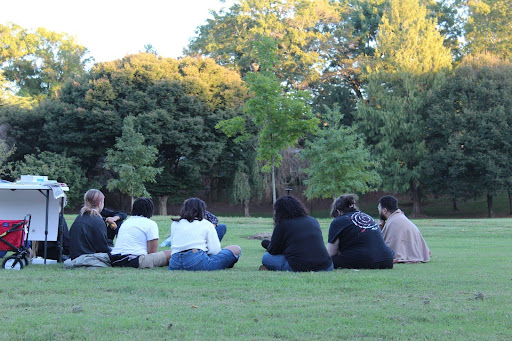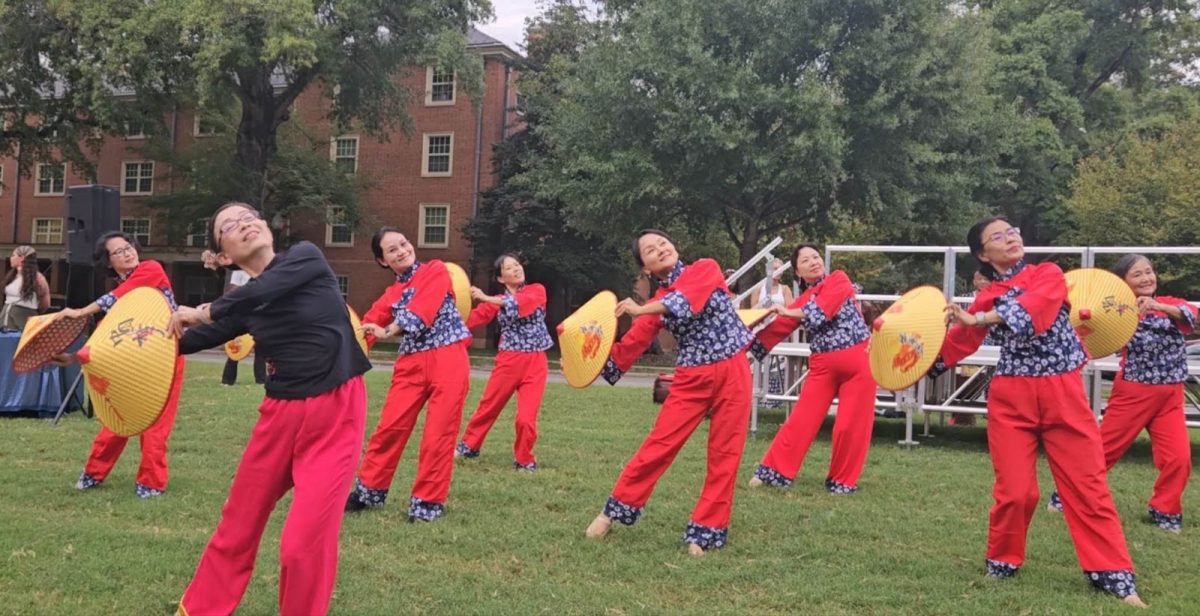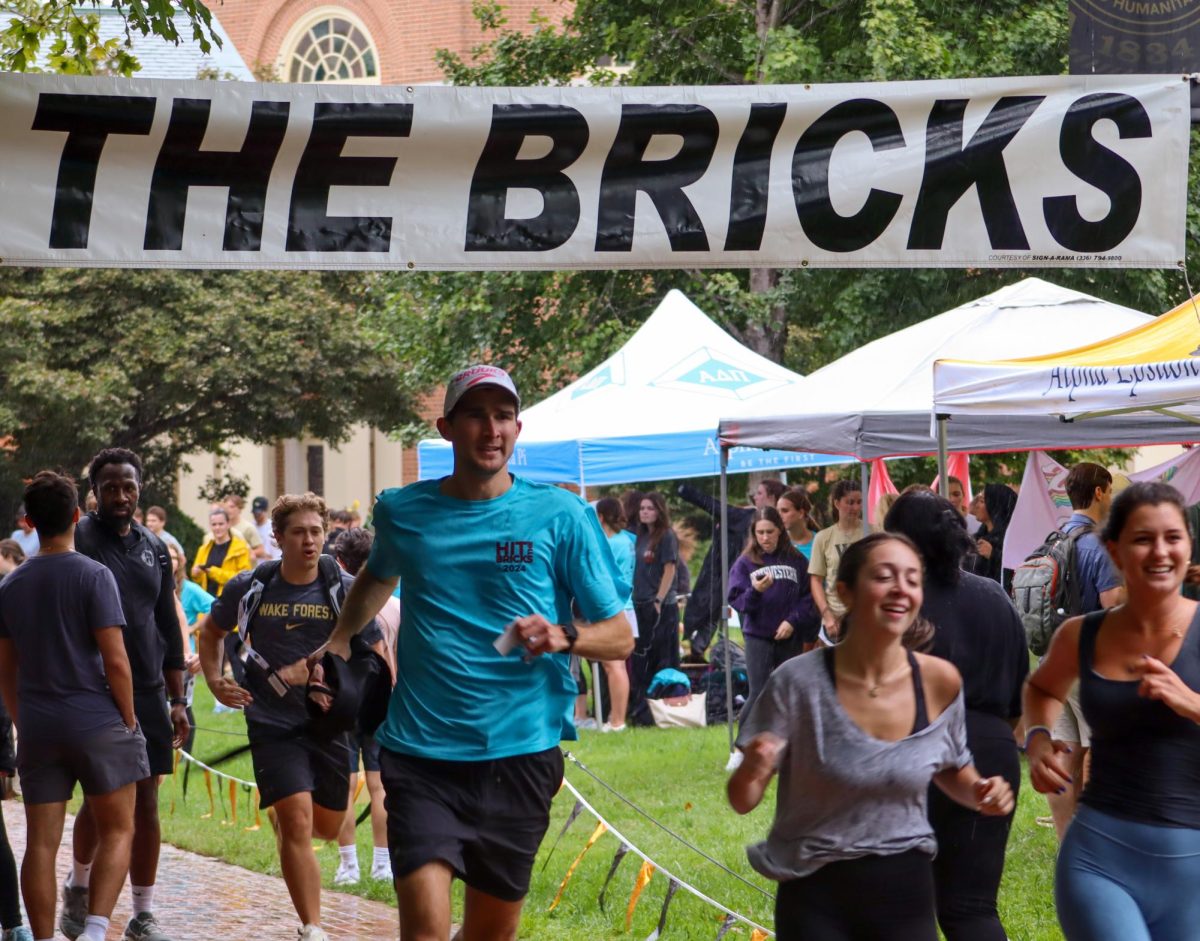Junior Harry Young is a double major in philosophy and accounting. He also happens to be a first-generation Magnolia Scholar. Although this is not obvious unless he is wearing his Magnolia Scholars T-shirt, it does affect his day-to-day life at Wake Forest.
First-generation students make up about nine to 12 percent of a given class at Wake Forest. After arriving on campus, low-income and first-generation students, two groups that often but do not necessarily always overlap, face unique challenges on campus.
Being a first-generation student “just means that you lack one of the main resources, which is just having a family member or parents who have gone to college,” Young said. “So that then you can ask them certain things which may seem kind of trivial to other people.”
“Wake Forest can’t step outside to fix low-income, family background, race or gender,” said Dr. Nate French, director of the Magnolia Scholars. “But we can try to make the playing field as level as we can once students get here. And that’s the goal.”
The Magnolia Scholars and First in the Forest programs are the resources at Wake Forest that assist first-generation students specifically.
As part of the American Talent Initiative, Wake Forest is raising funds to increase the number and share of students on financial aid and the number of low-income students. So far, the Wake Will Lead campaign has raised more than $26 million in student financial aid for the Magnolia Scholars specifically. Last week, an anonymous donor added an additional $10 million gift to that sum that will be used to reduce the debt of Magnolia Scholars.
A big misconception about the Magnolia Scholars is that first-generation students are receiving help for academic deficiencies, according to Nate French, director of the Magnolia Scholars.
Rather, the Magnolia Scholars and First in the Forest programs provide financial aid, resources, and programming to first-generation students to ensure that they make the most of their time at Wake Forest.
“I think all of our students struggle with identity, belongingness, mattering and their workload,” said Dr. Steve Gunkel, who was a first-generation college student and often attends Magnolia Scholars programming, in an email interview. “But I think non-first-gens are able to draw upon a social network that include parents, siblings, and peers that share the college experience and can relate to these dimensions of the college experience.”
“It can be kind of hard to find your space,” Young said. “Like what you should be doing.”
The Magnolia Scholars Office advises on topics such as the Greek system, financial aid and study abroad, according to French.
“The worst thing is if you walk across the stage and you look back and then you realize we’re connected to the Reynolda House, then you realize how many students go abroad, and then you realize that there’s an OPCD, and that all those tickets to concerts, games and events were free and you didn’t go. Because you missed Wake Forest,” French said. “So that’s the biggest thing. You want students to experience Wake Forest.”
There can also be a lack of comfort or a disconnect for some first-generation students if they come from different backgrounds than most of their peers. Differences in class and experience manifest in ways ranging from spring break plans, to cultural references in daily conversations, to finding a professor that understands the specific challenges of being a first-generation student.
One of the biggest hurdles for first-generation student and junior Gisselle Zamora was the culture shock in terms of being a first-generation and minority student. Even just looking around at the clothing that other students were able to afford was initially surprising, she said.
“You’re not going to necessarily be in the same position as everyone else,” Young said. “There are things that just seem understood like it should be done. Like your parents should come and you should go out to dinner on Parent’s Weekend. Stuff like that, that might be things you might not do because it just hasn’t been intertwined in your family.”
However, there is no one right way to experience college.
“You’re not the only one that is going through this space where you have to translate and become more comfortable,” French said.
Additionally, Wake Forest has taken steps to combat the challenges that some first-generation and low-income students face.
“If you’re going to bring in low-income students, then you need to have controls in place to make sure that when they’re here they actually do well, that they can find a place and navigate the space,” Young said. “And I feel like Wake Forest is doing that.”








